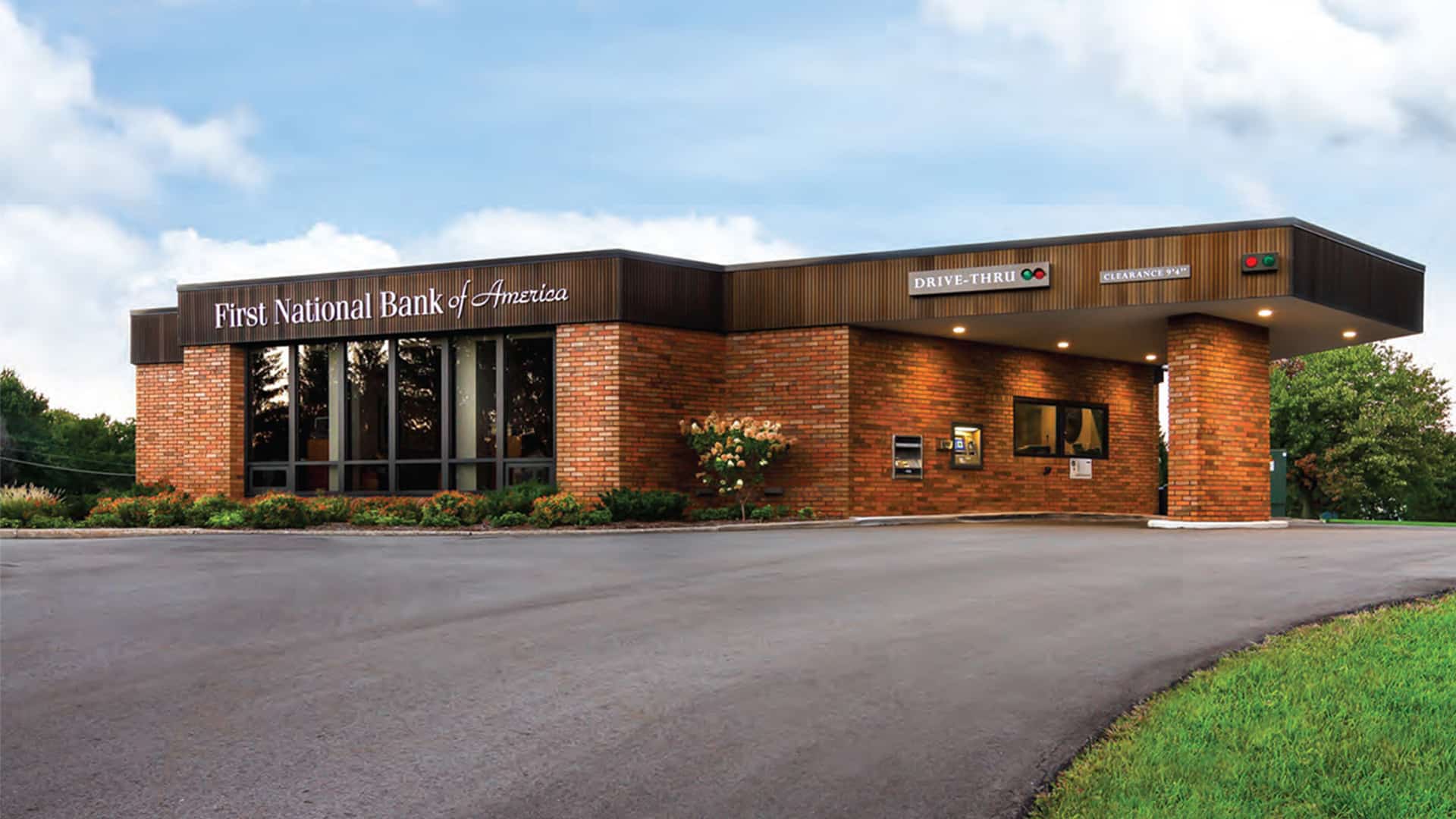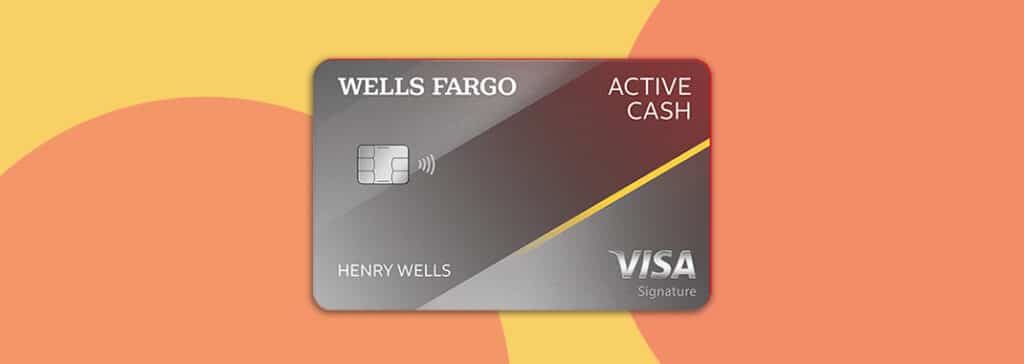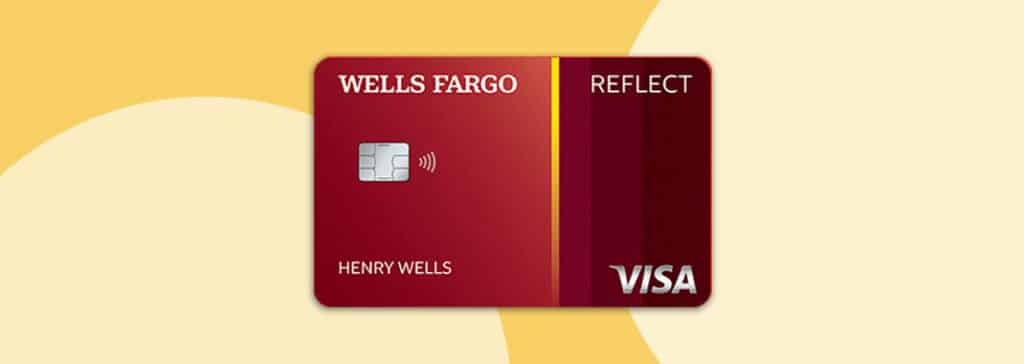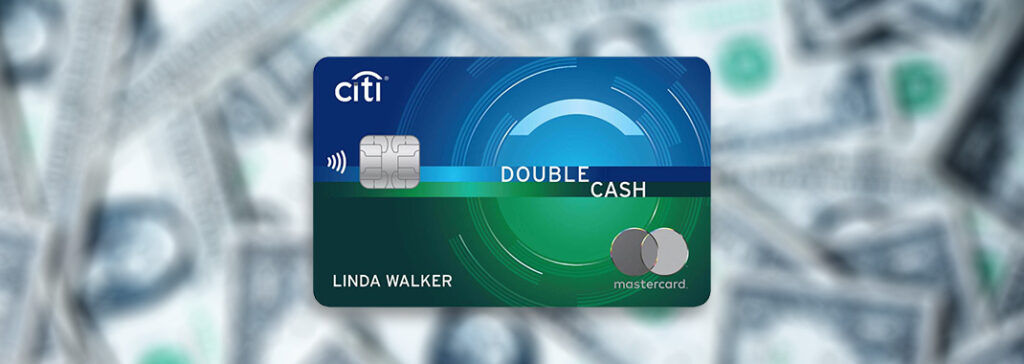Most products on this page are from partners who may compensate us. This may influence which products we write about and where and how they appear on the page. However, opinions expressed here are the author's alone, not those of any bank, credit card issuer, airline or hotel chain. This page may include information about American Express products currently unavailable on Slickdeals. American Express is not a partner of Slickdeals.
First National Bank of America (FNBA) is a bank with a small branch footprint in Michigan and online banking available nationwide. For banking customers coast to coast, FNBA stands out from the pack for its high-yield interest rates on certificates of deposit (CDs).
Here’s a close look at FNBA CDs and how they stack up for savers seeking the best returns.
First National Bank of America CD Accounts Overview
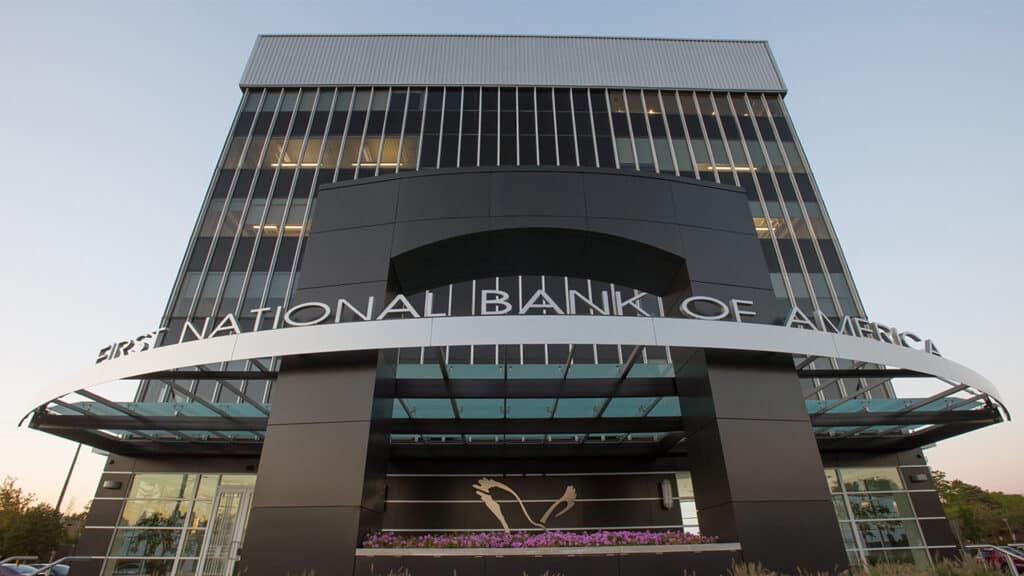
First National Bank of America, often referred to as FNBA, is a family-owned bank founded in 1955. It has operated under several names since its founding as the First National Bank of East Lansing. It took on the name First National Bank of America in 1998.
FNBA offers online CD accounts to customers nationwide. As of this writing, rates are well above 4%, with terms ranging from 12 months to 84 months. Accounts require a reasonably low $1,000 minimum to open, and you’re unlikely to encounter fees aside from early withdrawal penalties when they apply.
When some big, traditional banks pay as little as 0.01% APY on some accounts, earning over 400x more could be a great move.
The bank is based in East Lansing, Michigan. While it only has a few branches in the same region, you can open a CD account from anywhere in the United States. Some products are only available to those with access to a local branch, but CDs are widely available.

A Complete Guide to Certificate of Deposit Accounts
FNBA CD Rates and Terms
As with all banks and credit unions, interest rates can change at any time without notice. Rates typically rise and fall with market interest rates and announcements of interest rate changes from the Federal Reserve.
Here’s a snapshot of First National Bank of America CD rates today:
| Certificate of Deposit Term | Annual Percentage Yield (APY) |
|---|---|
|
12 months |
4.40% |
|
24 months |
4.40% |
|
36 months |
4.40% |
|
48 months |
4.35% |
|
60 months |
4.35% |
|
72 months |
4.40% |
|
84 months |
4.50% |
The 12-month CD term is most exciting here, as it is a very competitive rate without a requirement to lock up your funds for more than a year. The slight increase in rates when adding years makes them less attractive comparatively.
All accounts are FDIC-insured for up to $250,000 for individual accounts or up to $500,000 for joint accounts. That means you’re guaranteed to get your money back up to insurance limits even if FNBA goes bankrupt, which is extremely unlikely. Most people will enjoy a stress-free relationship with the bank, but it’s nice to know the FDIC is standing by, just in case.
FNBA CD Costs and Fees
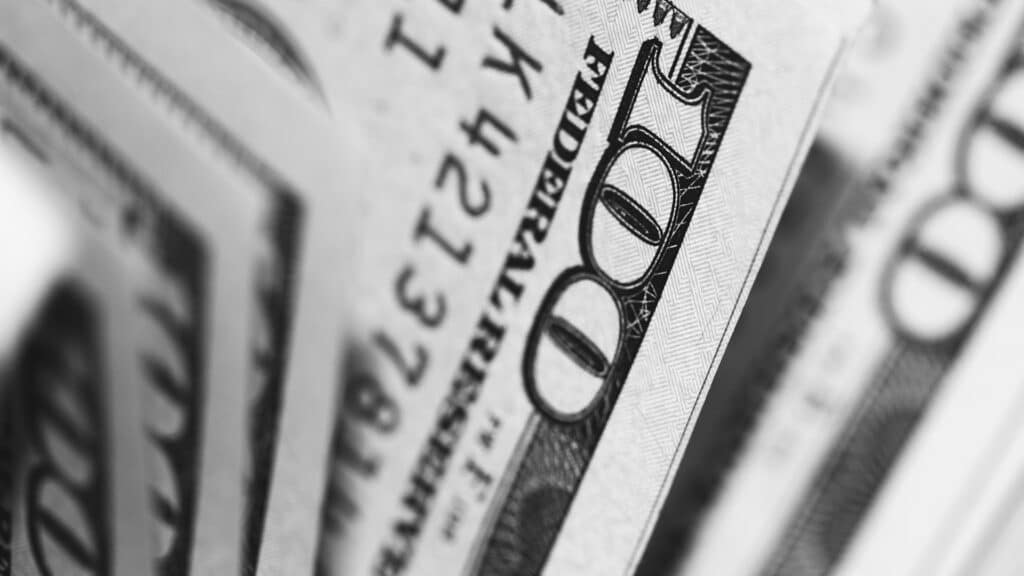
Most people will only experience fees with an FNBA CD account if they withdraw funds early. The big benefit of CD accounts is that you usually earn more interest than other types of savings. However, you must also agree to lock your money away for a specific period. If you want to withdraw early, there’s a fee or penalty.
The early withdrawal penalty at FNBA depends on the term of the CD. Longer terms require a higher penalty when you withdraw early.
| CD Term | Early Withdrawal Penalty |
|---|---|
|
1 to 11 months |
90 days of interest |
|
12 to 23 months |
180 days of interest |
|
24 to 47 months |
360 days of interest |
|
48 to 84 months |
540 days of interest |
As you can see, you’re going to give up anywhere from three months to over a year of interest if you tap into the pot before the maturity date. If you withdraw before the number of penalty days for your CD term, you could wind up walking away with less cash than you started.
FNBA penalties are fairly consistent with market competitors. Because of how CD penalties work, it’s essential to consider whether you may need the money before the maturity date. If you think you may, it could be better to stick with a high-yield savings account instead.
How Certificate of Deposit Accounts Work
CD accounts are a unique type of savings account. CDs generally offer the highest interest rates among bank accounts with virtually zero risk. However, they also require you to commit to depositing funds for a certain period of time. CD terms often range from around three months to more than five years.
If you can confidently keep the money stored away for the entire CD term, it could be a great way to earn higher interest rates than regular savings accounts without any added investment risk. However, you will generally owe a penalty if you need to withdraw money early. Depending on the size of the CD, the term, and the interest rate, these penalties can be costly.
CDs are a safe way to save money and earn above-average interest rates without paying any fees when used as intended.
Quick Tip
CDs and Rising Interest Rates: When interest rates are on the rise, long-term CDs are a risky bet. Your interest rate is locked in for the entire term, so you could be locking in a low rate today while higher rates are available soon. Consider a shorter-term or a high-yield savings account when you think rates will rise and CD accounts when you think rates will remain steady or fall.
Are FNBA CDs a Good Deal?
While banks want you to be loyal and stick with them for decades, moving to a new bank when you have more favorable interest rates available is often a great decision. If you can boost your earnings by moving to a new CD at FNBA, it’s worth considering.
For most people, a mix of bank accounts, including a low-fee online checking account, high-yield savings accounts, investment accounts, and CDs are necessary. For money you don’t want to risk in the markets and want to keep safely tucked away for the future, a CD from First National Bank of America could be part of the equation.
Featured photo courtesy of First National Bank of America
